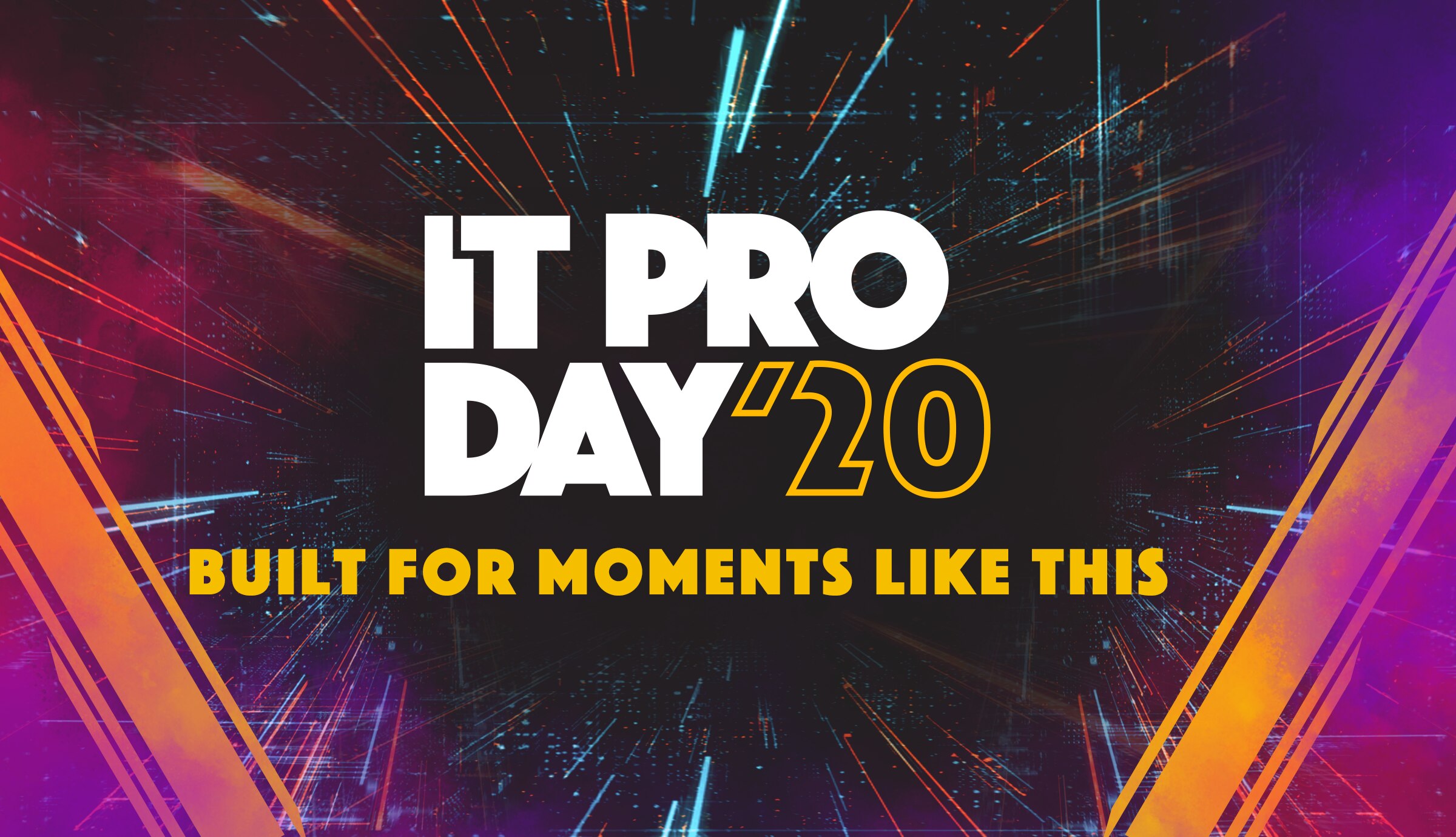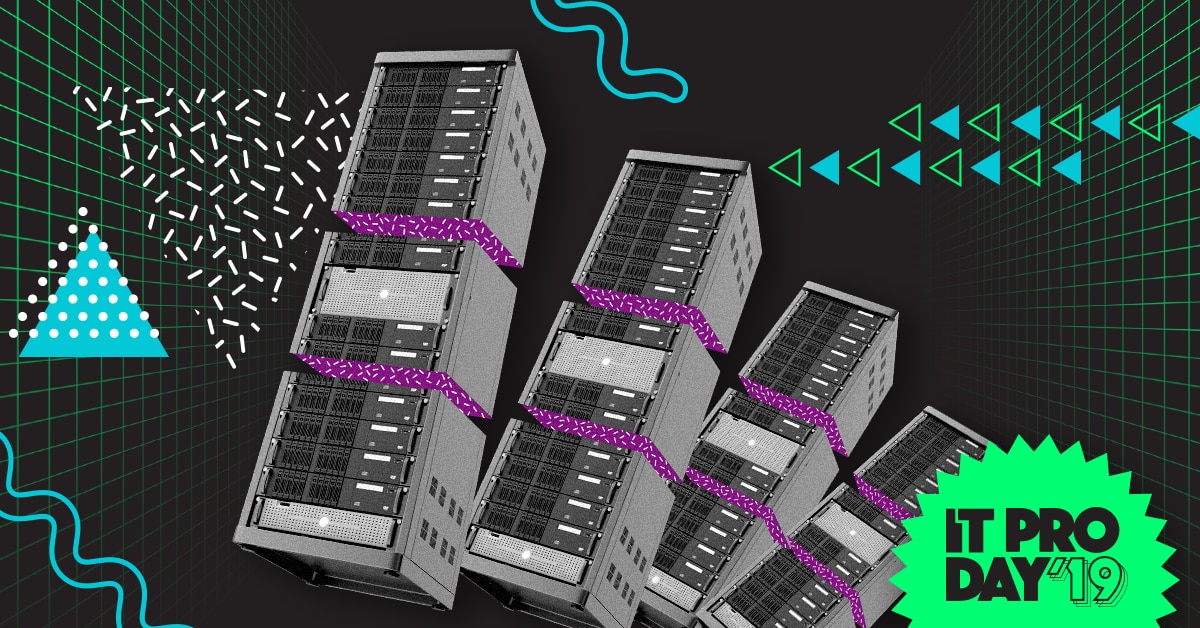Do you like to play video games like I do?
Recently, I discussed using skills taken from gaming to level up your career. Once I started thinking about the skills you pick up in video games that are transferable nontechnical skills, I couldn’t stop thinking about them. By now, you may have noticed I like to talk about
how important “soft” or nontechnical skills are to your career, so I couldn’t pass up an opportunity to tie this to my favorite pastime.
You might be like me and enjoy playing a wide variety of games, or you might be someone who only enjoys one type of game or even one individual game. That’s cool—you’re still a gamer in my book. Fortunately, there are transferable skills no matter what type of game you play. Go ahead and challenge me! I wanted to share some examples, in no particular order, I came up with and how I think you can translate them to your work.
Task/Time Management
In many games, especially multiplayer online games, there are time-limited events. This includes fun events like holiday special events, daily/weekly/monthly challenges, and raids. Some examples of games where these types of activities take place are things like Apex: Legends, Fortnite, World of Warcraft, Final Fantasy XIV, Sea of Thieves, the Hitman series, and many more. These are just the ones I’ve played that came to mind.
Generally, there are two ways gamers accomplish these tasks and challenges: they either log in daily to do the task(s) of the day or newly revealed challenge(s), or they wait until nearly the end of the event and make a mad dash to complete everything with the little remaining time. Sometimes I’m the first type of person, and sometimes I’m the second type—for me, it depends on how invested I am in the game when I’m playing it. The point is, though, you learn from these experiences and apply them to the next challenge or raid.
This same experience can help you at work. Have a project? Prepare for and tackle it like you would a Saturday night raid. Check expectations for the “boss” at the end, but don’t forget all the “mobs” in between and the “adds” in the final fight. Did I lose you? The “boss” here may be the main project goal, and the “mobs” are going to be the endless smaller tasks to get you there. Don’t forget those “adds” in the final push—they’ll distract you from the final goal and have the potential to disrupt or end the project. Organize with your team so everyone knows their role in the project, and periodically check in so skill sets are assigned to the right place. Is there a last minute “add” requiring a specific skill like code adjustment? Assess the other in-progress work and reassign the resource that makes the most sense.
Speaking of resource assignment…
Resource Optimization
First, let’s categorize resources in games. In games, this can mean usable items like health and mana potions, skill points, health and mana themselves, weapons, armor, wearable items, people, etc. You spend a lot of time in games optimizing your load outs and your party to suit your skill set and what you enjoy. Sometimes, one of the things you learn in a game is you’re a hoarder of usable items “just in case” and don’t even use them in the final boss fight. Hopefully, during your next playthrough or game, you won’t do this as much because you’ve learned resources are meant to be used.
So all this time you spend making sure you have things optimized to your playstyle and the game difficulty—turns out you have to do the same thing at work. Even if you aren’t a project lead, team lead, or manager, you can use these skills in your day-to-day tasks. Optimizing the resources you use to tackle these daily tasks or even one-off scenarios will help ensure efficiency and can help save time and money. Believe me, companies take notice when you can save them money or time (which often equates to money).
Problem-Solving
This one’s a gimme in IT—after all, problem-solving is often the crux of the job. In gaming, problem-solving takes many forms. From the famous, crazy puzzles that turn into weird door keys from the Resident Evil games to multi-dimensional puzzle solving in Fez and everything in between, learning how to solve problems and think of things differently can make all the difference. Think about the LEGO games—how many LEGO games have I played where I was stuck at a certain part for an embarrassing amount of time (they’re made for kids, for crying out loud!) when it had a simple solution? My brain wasn’t looking for the simplest answer, though; it’s used to things taking a bit more effort. This principle has been the most useful for me at work—remembering not to overcomplicate things. The simplest answer is often the best answer.
So when you’re troubleshooting an issue, remember the possibilities of a simple solution. If this doesn’t work, use the perseverance you’ve gained through solving problems in games and hitting your head on a boss again and again until you figured out how to beat it (looking at you, Dark Souls games).
Now that I’ve gotten started, I have more to go! Expect more to come from me on this topic as I go through other essential skills you have/can learn from gaming and use in your career. Have you thought of any from your personal experience? I hope I’ve inspired you to analyze the skills you may be picking up from your recreational activities—not just gaming—and reevaluate what you bring to the table.







